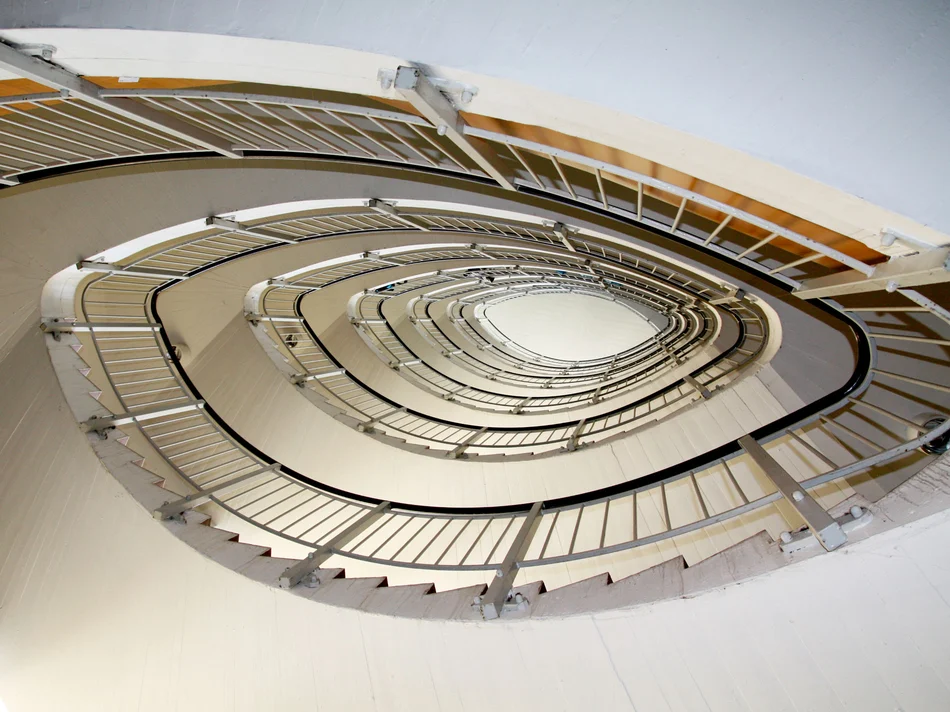The research group Religion and Urbanity: Reciprocal Formations, which is working on a focus on India, welcomes Prof. Dr. Sanjay Srivastava (Delhi), who will work on "The spirit of the city: Urbanism and religion in India". Dr. Constanze Graml (Munich) is doing research on "Cult and Crisis. The Sacred Landscape of Attica and its Correlation to Political Topography" and Prof. Dr. Jens-Uwe Hartmann (Munich) on "Early Buddhism and its Urban Environment". Dr. Maurizio Isabella (London) examines "Reconceiving religions and public spaces: Southern European cities in the age of revolutions". Dr. Vanina Kopp (Paris) works on "Prayers, Paintings, Poems: Laical Brotherhoods between City and Cathedral in French Urban Centres" and Prof. Dr. Richard Lim (Northampton) examines questions around "Roman Urban Entertainments and Christianizing Cultures in Late Antiquity". Dr. Katharina Mersch (Frankfurt a. M.) is working for a few months on her project "Masses" (1. "The mob outside the walls: urban communities and religiously motivated mass trains", 2. "Religious rituals in the city: space and mass management in the 15th century"). In addition, Dr. Katalin Szende (Budapest) is researching "Cathedral Cities in Context. Bishops' Seats in Medieval East Central Europe as Urban and Religious Centres" and Dr. Judith Thissen (Utrecht) examines "Kol Nidre on Broadway, Jazz Singers in the Shul: Cinema and the Transformation of the High Holidays in New York City".
The group Social Philosophy and Social Theory welcomes PhD student Lukas Meisner with his research topic "A reactualisation of critical theory through a political epistemology of post-modernity", who will be doing his PhD under a cotutelle agreement with the University of Venice, and associate PhD student Clemens Villinger with his project "From Unjust Plan to Fair Market? Consumption, everyday life and social inequality in the long history of the 'Wende'".
In the International Research Training Group Resonant Self-World Relations in Ancient and Modern Socio-Religious Practices, which is being run in cooperation with the University of Graz, five new doctoral students or associate doctoral students are coming to Graz this semester. They are Rafael Barroso with his doctoral thesis on "Unusual Burials and Eschatological Thought in the Roman West", Sara Heidl, who is working on the topic of "Event Religion", Elena Malagoli with her project "The Sacrament of Language in the Mittani Treaty (14th Century BCE)" and Seraphim Schirrmacher, who is conducting research on resonance in school teaching as an associated doctoral student. From February 2021 Mercator-Fellow Prof. Dr. Rubina Raja (Aarhus) will be welcomed as a Mercator-Fellow; she will conduct research on "Priests in Palmyra".
The Research Centre Dynamics of Juewish Ritual Practices will be strengthened in the winter semester by the associated Fellow Dr. Thomas Blanton with the topic "The Circumcision of Abraham: Modeling Ritual from Genesis to the Letters of Paul" and the associated Postdoc Dr. Vera Henkelmann, who is working on "Multi-Light Bronze Lamps of the High and Late Middle Ages in a Ritual Context".
A new working group is conducting research on Structural Change of Property in cooperation with colleagues from Jena. In this context, Dr. Amelie Stuart, who is in charge of the project of a new library of property, and Prof. Dr. Stephan Lorenz, who is working on property structures and the socio-ecological conditions of pandemic-proof food supply, are working at the Max Weber College.
The director of the Max-Weber-Kolleg, Hartmut Rosa, is pleased about the new arrivals from Germany and abroad and emphasizes: "We are happy to be able to offer young researchers exciting contacts with the new fellows, even in Corona times, and have also experienced that our fellows learn a lot from the young researchers. All the more reason for us to look forward to joint research and learning processes – even if these will be characterised by distance".

